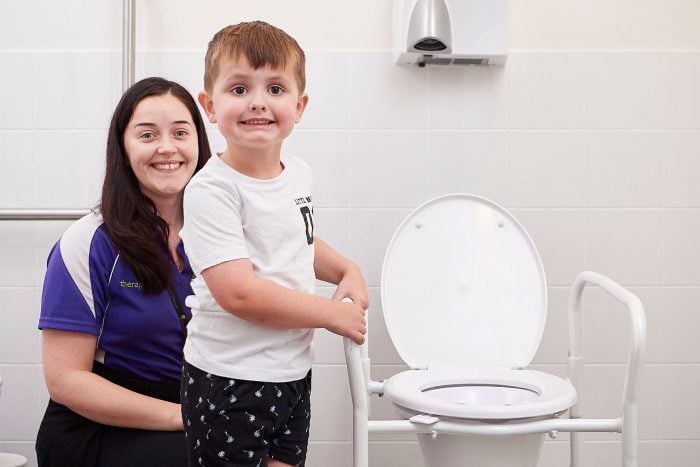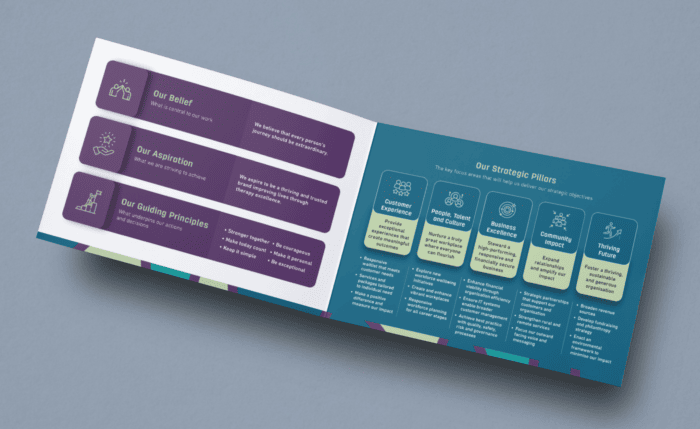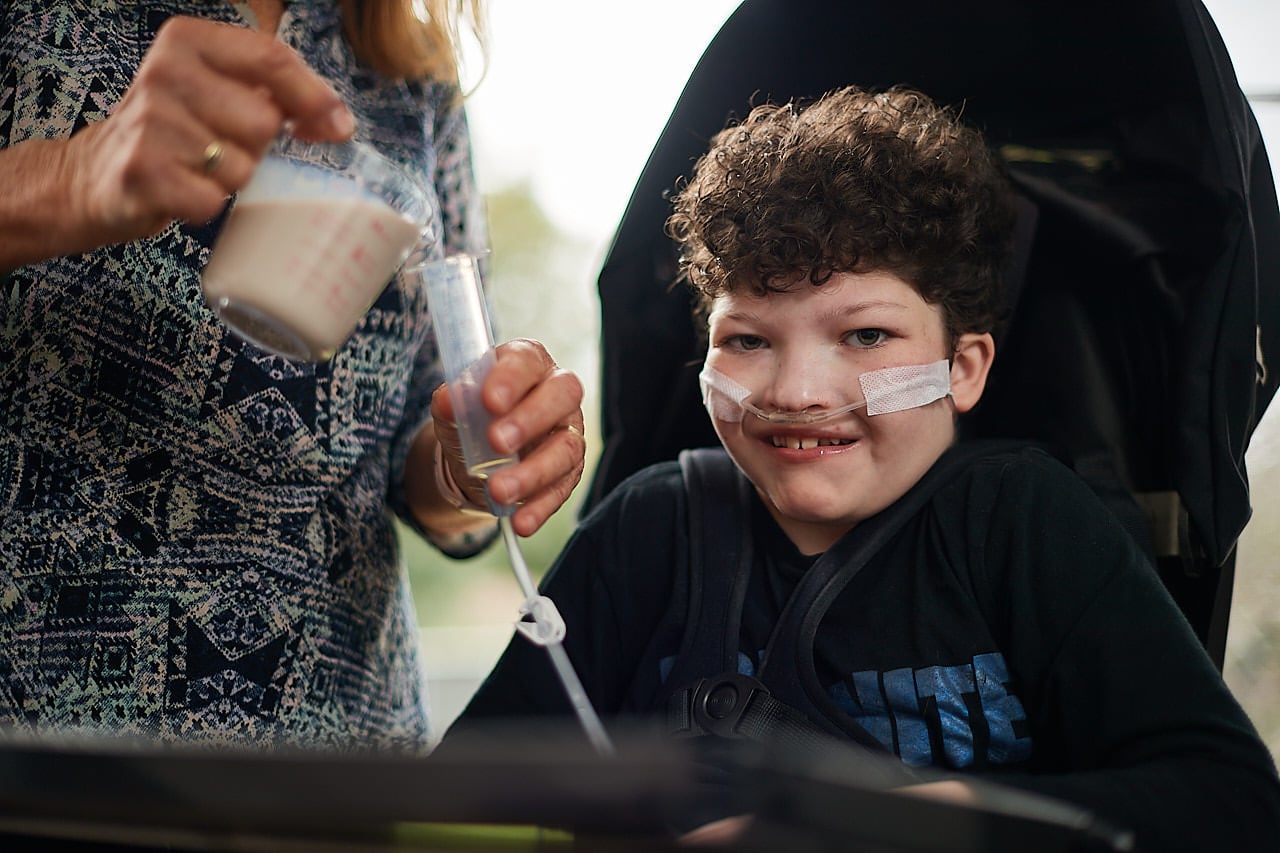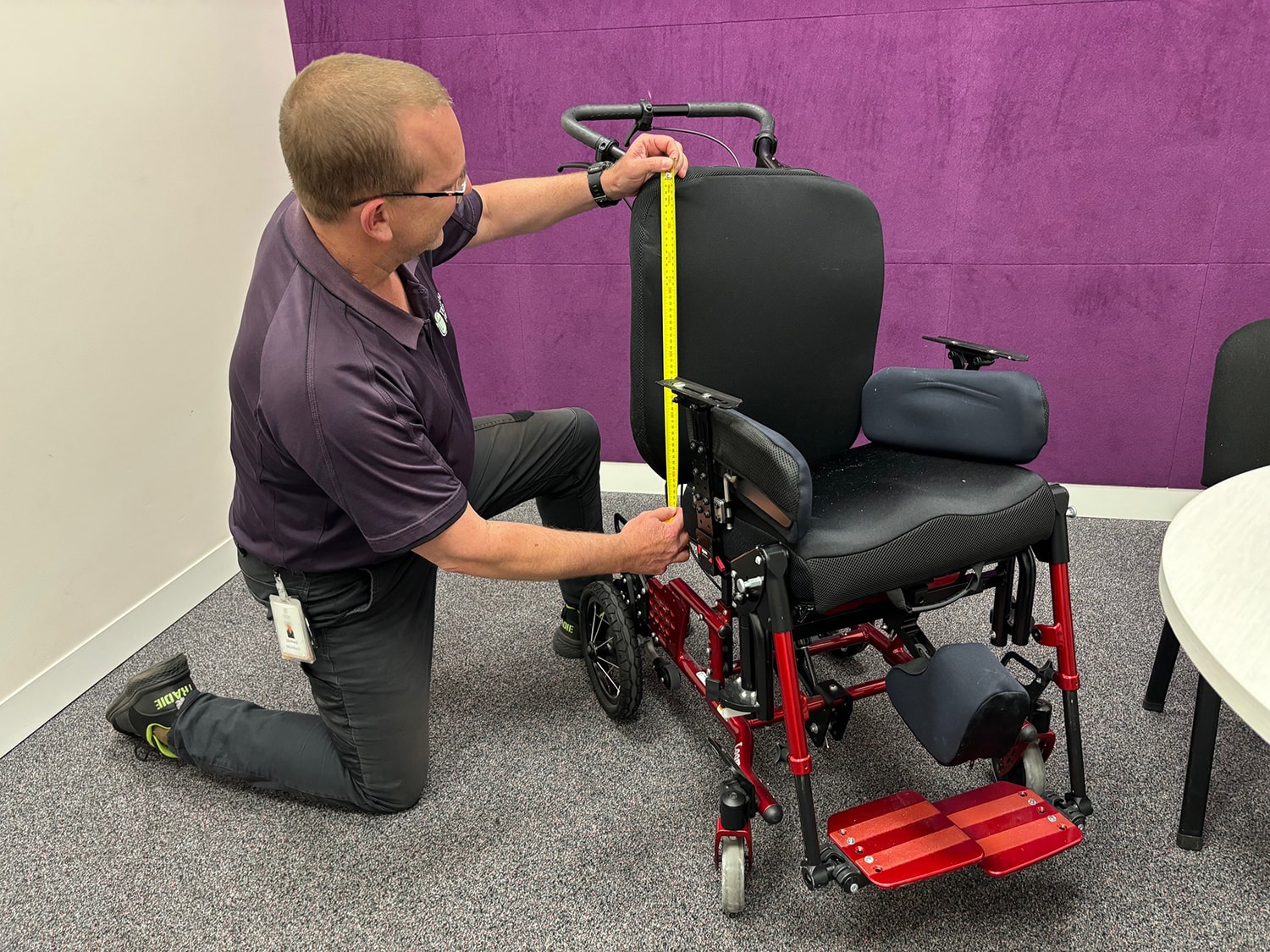Taboo Topics with a Continence Clinician
Of all the topics to talk about, poo and wee may not be top of the list. But your bathroom business – is our business.
A key part of our job is removing the stigma around continence issues to help people seek support for even the most taboo topics. In the following article, we’ll look at some of the toileting topics and issues people find uncomfortable to talk about.
Faecal Incontinence
Did you know that 1-3% of children experience faecal soiling – aka pooing their pants? It is more common in boys but still happens to girls. Faecal incontinence is not caused by naughtiness, laziness or attention-seeking and punishing this behaviour can make it worse.
One major cause of faecal soiling in children is constipation, which can affect up to 25% of children. Treating constipation with timed toileting routines, fluids, dietary changes and appropriate medication can often resolve faecal incontinence.
It’s not just children who experience faecal soiling either. In 2010, 1.3 million Australians aged 15 and older experienced faecal incontinence. In addition to constipation, other factors that can lead to faecal incontinence include:
- Long term straining
- Medications i.e. antibiotics and drugs for arthritis and diabetes
- Lifestyle factors i.e. heavy lifting leading to weak pelvic floor muscles
- Weak back passage muscles as a result of childbirth, ageing, some surgeries and radiation therapy
- Diabetes
- Bowel diseases such as Coeliac disease or Crohn’s disease
- Nerve disorders resulting from multiple sclerosis and Parkinson’s
- Severe diarrhoea
Faecal incontinence can be treated and should not be ignored. The first step is a continence assessment by a health professional.
Faecal Smearing
Some children and adults, and often those with disability, engage in faecal smearing. This is the act of wiping faeces (poo) on themselves, their clothing or other objects. Some possible reasons for faecal smearing are:
- Boredom with daily activities
- Seeking sensory stimulation with strong smells and messy textures
- Seeking attention associated with soiling
- Development of a persistent habit
Behavioural and sensory interventions can be effective in managing faecal smearing. It is important to explore the reason/s for smearing, so that the most effective interventions can be implemented.
Sexuality and Incontinence
Bladder or bowel incontinence can have an enormous effect on sexuality. However, this doesn’t mean people with incontinence cannot express their sexuality.
There are many ways that someone with bladder or bowel health issues can manage their symptoms and engage in sexual acts with their partner. The Continence Foundation of Australia provide comprehensive information and resources about this topic on their website.
At Therapy Focus, our team is available to talk about any continence or toileting topic – no matter how sensitive. Our team approach all topics with sensitivity, confidentiality and care. We’re dedicated to helping you feel more confident, in control and on track to achieving your continence goals.
Continence Physiotherapy
At Therapy Focus, our Continence Physiotherapists can support children and adults who experience incontinence and toileting challenges.




















